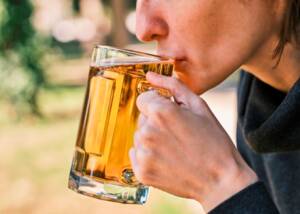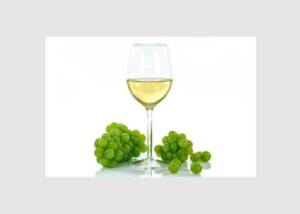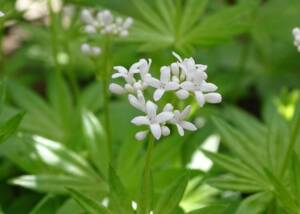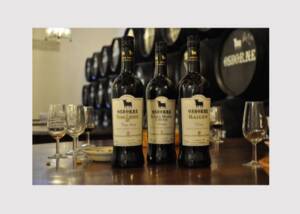The Mocktail Boom: Non-Alcoholic Cocktails Conquer the Beverage World
News News blog
Mocktails, the alcohol-free counterparts to classic cocktails, are currently experiencing an unprecedented upswing. These flavorful drinks based on fruit juices, herbs, and spices have evolved from niche to mainstream and captivate with their variety and creativity.

Why Are Mocktails So Popular?
The mocktail boom is no coincidence but reflects a profound societal change. According to the Shell Youth Study 2024, 83% of young people consciously pay attention to their health. The Federal Center for Health Education reports a significant decrease in alcohol consumption among young people between 12 and 25 years.
Three main reasons drive the trend:
- Social Change: Topics such as mindfulness, sustainability, and mental health are gaining importance. Alcohol is losing its status as a symbol of freedom or coolness.
- Visual Culture: Mocktails are photogenic and "instagrammable." Thousands share their colorful creations under hashtags like #mocktailrecipe.
- Economic Tailwind: Beverage brands are developing their own mocktail lines, and bars are investing in extensive non-alcoholic menus.
Who Drinks Mocktails?
Generation Z in particular has discovered mocktails. For them, alcohol-free drinks are not about abstinence but a conscious statement. Drivers, pregnant women, and health-conscious people of all age groups also enjoy these creative alternatives.
Popular Ingredients and Classics
Fruit juices often form the basis for successful mocktails. Particularly popular are:
- Cloudy pear juice with rosemary
- Quince juice with tonic water
- Rhubarb nectar with watermelon
- Peach nectar for alcohol-free Bellinis
Classics include Virgin Mojitos, Fruit Punches, and non-alcoholic Piña Coladas. Innovative creations combine unusual ingredients such as flower essences, tea extracts, or verjus (juice from unripe grapes).
Future Prospects
The mocktail boom is not a short-lived trend but part of a long-term cultural change. A genuine shift in awareness has taken place – both in gastronomy and among manufacturers and consumers.
The numbers speak for themselves: In January 2024, sales of alcoholic beverages were a quarter lower than the average of the remaining months of 2023, according to the Federal Statistical Office. Initiatives like "Dry January" are showing sustainable effects.
Mocktails are more than a fashionable hype – they represent a new understanding of enjoyment: consciously in harmony with body and values. What used to mean abstaining now means deciding.










